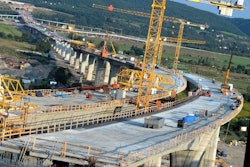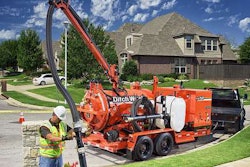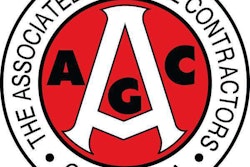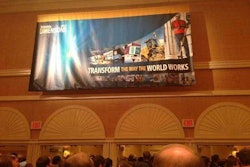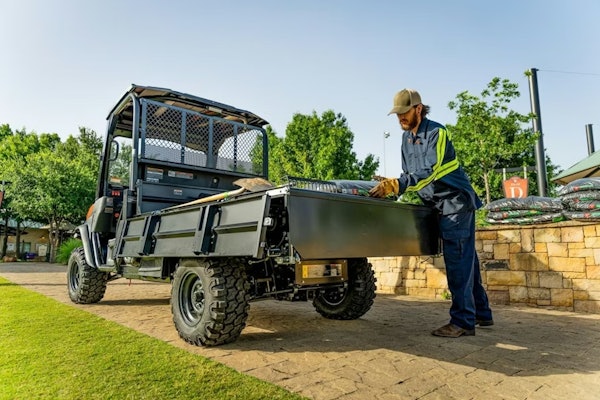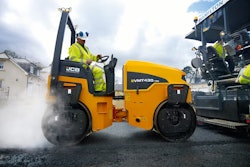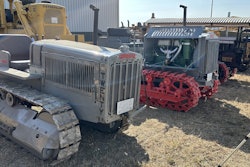
We know the size of the bill to fund what we must do for our transportation infrastructure and we know Johnny Washington isn’t generously reaching all the way down into his pockets. We’ve heard the “sorry guys must’ve left my big money in the other pants” story ad nauseam. We know we are going to have chip in. But we are, I think, about to be surprised just how much and how soon we are going to have to do it.
There is an inevitability about this. It is, and has been, a simple progression: our transportation infrastructure is not big enough in some places and in others is deteriorating at a rate that demands work be done, and done soon, but in a leadership role Washington has failed to provide enough funding for all, perhaps even most, of that work. So we are left with a choice: don’t do it or find someone else to pay for it. That “someone else” is a state treasury.
The Washington Post points out that states are facing this dilemma sooner rather than later in a story based heavily on insight from Standard & Poor Rating Services, especially the financial service analyst’s statement that the “country has a $2.2 trillion backlog of infrastructure projects.”
Here’s the very basic, core argument in the Post’s story:
Washington’s failure to come up with a long-term funding plan to repair the nation’s faltering transportation system is shifting the cost of critical infrastructure repairs to state and local taxpayers …
Needs like those traditionally have been met with a balance of federal, state and local money. Now, as Washington is gripped by political deadlock and buried in deficits, the balance has begun to shift.
With new taxes an anathema in an anemic economy, and with the possibility of deep automatic budget cuts next year if officials can’t agree on alternative savings, a serious discussion about coming up with billions or trillions of dollars for transportation wasn’t on the top candidates’ debate agenda.
The Post story may be one of those famous “wake up calls”, something that forces us to accept the inevitable that we had, usually for pretty lame reasons, refused to acknowledge without a push. If we concentrate on MAP-21’s successor – as we should, because getting a better-funded bill in 2014 is downright vital – then we should also keep a watch on what moves are being made at state levels because they will be part of the solution/problem as the next reauthorization debate strikes up the band in the New Year.
As someone who regards Washington with a somewhat (sic) cynical eye, is it just me or is it possible that the Washington politicians fiddling while SAFETEA-LU burned and underfunding MAP-21 were more than willing to accept that state revenue personnel become the long-haul bad guys raising money from the voting public for transportation?




